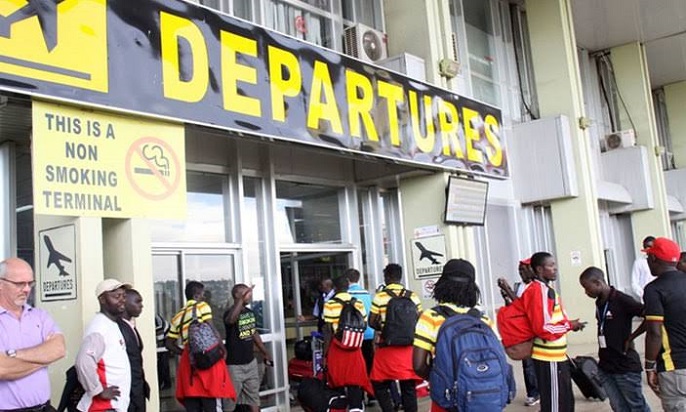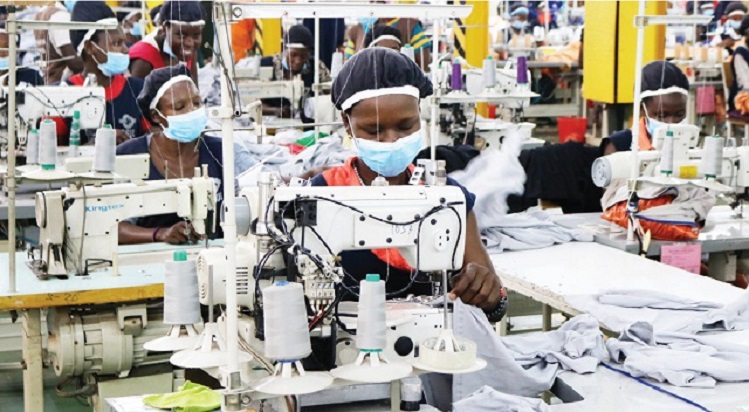The government has started a process to ensure that Ugandans employed in the Middle East get similar terms of employment as their counterparts from other countries.
This is after it was revealed that the earnings and workload for Ugandans especially those working as house maids are determined by clauses in the Memorandum of Understanding between Uganda and the host countries.
Currently, Uganda has a running MoU with Saudi Arabia, which spells out guidelines for the recruiting companies, the contracting companies and employers. Ugandans recruited under this arrangement are paid around 900,000 Shillings a month.
However, many of them say this is very low and about half of what others from other countries are paid. They add that other unfair terms include the workload, with the Ugandans having to execute multiple tasks during their term of employment, while other nationals are only assigned one task.
A group of those who have completed their contracts say that given another chance they would go for more contracts, but urge the government to review the MoU instead of banning the industry.
On the workers having no say in the salaries paid, the Ministry of Gender, Labour and Social Development admits that all these were put in the MoUs to avoid exploitation by the companies contacting them.
The views by the former workers in Saudi Arabia under their umbrella association Gulf Labour Returnees Association, came after Minister Betty Amongi revealed the recommendations of the cabinet on the plight of the workers. According to her, Cabinet has instructed the Ministry to come up with a report showing how the Externalisation of Labour can be improved for the safety of the Ugandans abroad.
Amongi said that the Ministers want the labour externalization suspended until adequate measures are put in place in response to the challenges that the workers have faced especially in the middle east. In the meeting with the labour recruitment companies, Amongi explained that the cabinet proposals included suspending the industry, mainly over concerns about the loss of organs by Ugandans in the gulf countries.
The returnees, several of whom are seeking new contracts to go back to Saudi Arabia, said that those who have encountered problems like abuse by their hosts are very few in number, not warranting killing the opportunity for all. One of them, Winnie Musimenta said she would not wish to see any woman in the situation she was in before the opportunity struck and she left Uganda.
Another returnee, Betty Namugosa who claims she has acquired a number of properties in Jinja, said apart from poverty, the women are forced out of the country by domestic violence. She says that on her part, she could not stand the abuse by her husband, which included assault and denial of necessities.
The returnees also said that most of those who have encountered problems like sexual abuse and physical assault partly contribute to it because of how they behave. Their leader, Prossy Zawedde says Uganda, especially young females cannot afford to lose employment opportunities.
Frank Mugabi, the Communications Officer at the Ministry says they have commenced a review of the agreements with the aim of responding to the new and outstanding issues that they are facing, including salaries.
On the complaints that Ugandans are overworked when compared to what their counterparts are assigned, Mugabi said the study being done before the review, involves what is included in the agreements signed by other countries.
Specifically, Mugabi says the ministry will benchmark to the agreement between the Philippines and Saudi Arabia, and if they realise it is worth it, they will use it as a point to review the Uganda-Saudi Arabia MOU. But he says there are good clauses therein which they have decided to adopt.
–URN





